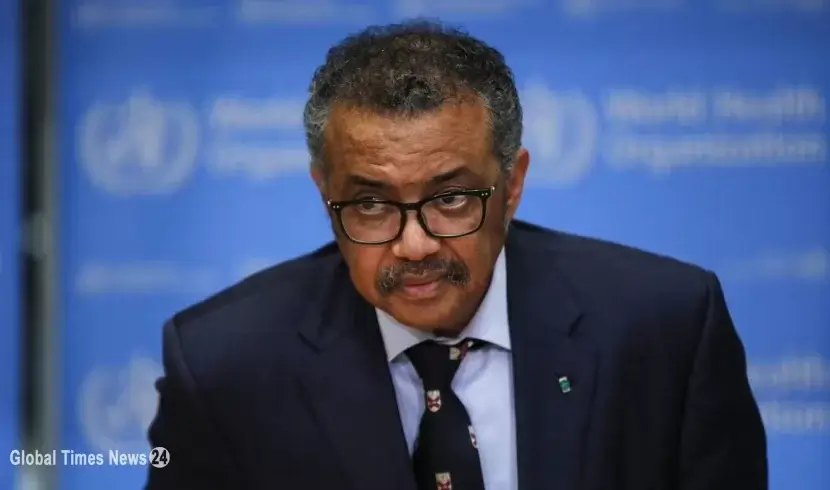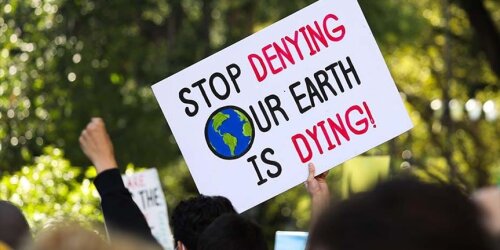The World Health Organization (WHO) introduced a groundbreaking framework on Thursday aimed at fortifying health systems against climate change impacts and reducing carbon emissions. This initiative, unveiled ahead of the UN Framework Convention on Climate Change (COP28), seeks to bolster global health resilience while mitigating greenhouse gas emissions, ultimately safeguarding communities worldwide.
According to WHO Director-General Tedros Adhanom Ghebreyesus, health systems globally face vulnerability to climate change impacts while simultaneously contributing to environmental challenges. The new framework provides countries with a strategic roadmap, emphasizing the dual responsibility of creating climate-resilient health systems and minimizing their carbon footprint.
As global temperatures rise and extreme weather events become more prevalent, the urgency for climate-resilient health systems has reached a critical point. The framework primarily targets public health professionals and managers, guiding decision-makers in related sectors like nutrition, water, sanitation, and emergency management.
The WHO suggests that international development agencies can leverage this framework to focus investments on public health, health system enhancement, and climate change adaptation. The framework promotes the efficient use of resources and the implementation of strategies to reduce greenhouse gas emissions while prioritizing climate resilience.
The WHO views this framework as an opportunity for the health sector to lead by example, advocating for a reduction in its substantial greenhouse gas emissions, which currently account for nearly 5% of the global total. It offers diverse pathways for health systems to enhance resilience and decrease carbon footprint based on their overall performance, emission levels, climate change impact, and health capacity.
Notably, the framework recognizes the unique challenges faced by low-income countries, emphasizing the need to improve energy access and health service provision for universal health coverage.
By promoting the development of climate-resilient and low-carbon health systems, the WHO aligns with its commitment to delivering safe, quality healthcare services while addressing the fundamental causes of climate change. COP28, scheduled from Nov. 30 to Dec. 12 in Dubai, will dedicate a Health Day to underscore the importance of integrating public health priorities into climate discussions.
News ID : 2603


 12 Advantages of Caffeine Intake Every Day
12 Advantages of Caffeine Intake Every Day
 10 of the Best Healthy Breakfasts to Eat Everyday
10 of the Best Healthy Breakfasts to Eat Everyday
 Why Drinking Water Is So Important
Why Drinking Water Is So Important
 COVID-19: Macau to extend its partial lockdown for one week
COVID-19: Macau to extend its partial lockdown for one week
 China reports 80 new Covid-19 cases
China reports 80 new Covid-19 cases
 Over reliance on fossil fuels puts health of current, future generations in jeopardy
Over reliance on fossil fuels puts health of current, future generations in jeopardy
 Global climate strikes, environmental protests in 2021
Global climate strikes, environmental protests in 2021
 An incredible material in construction industry over the history!
An incredible material in construction industry over the history!
 Major sports events of 2022
Major sports events of 2022
 WHO celebrates 75th anniversary, urges for health equity
WHO celebrates 75th anniversary, urges for health equity
